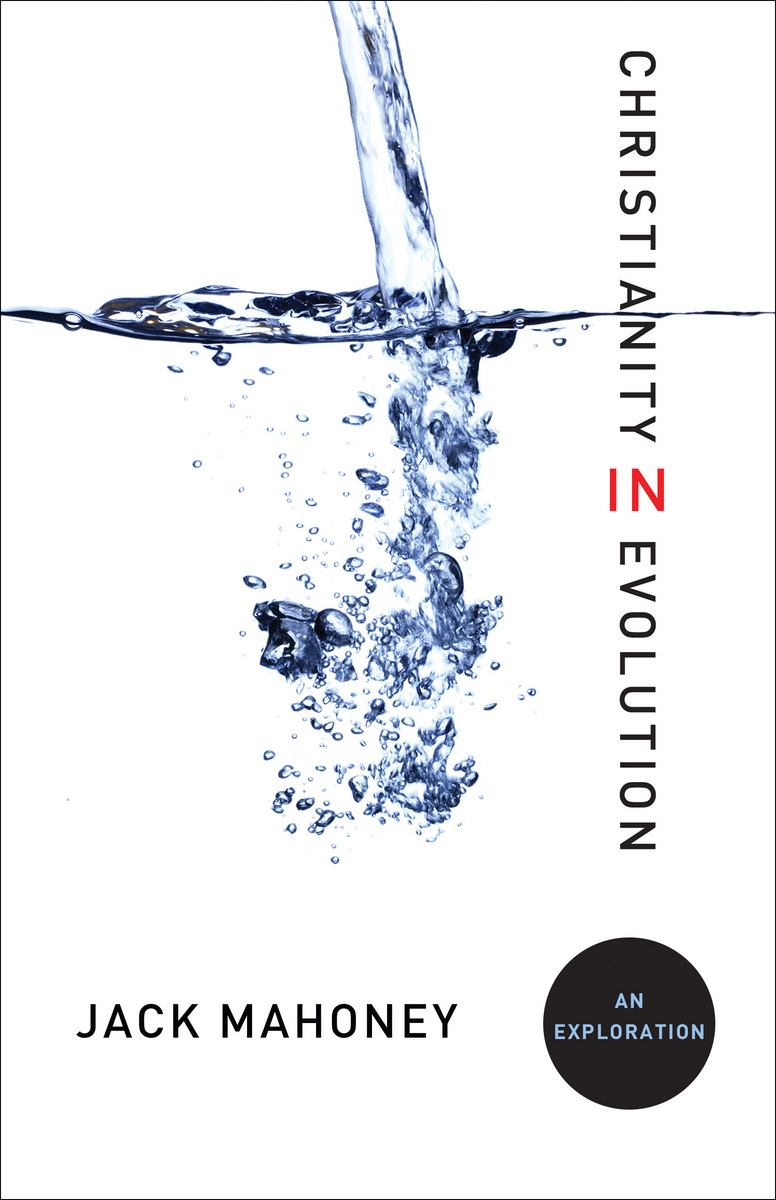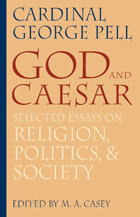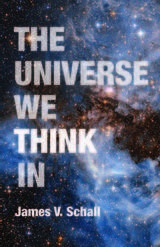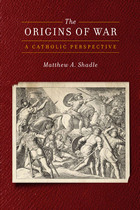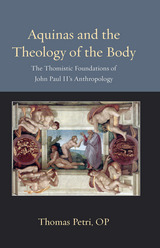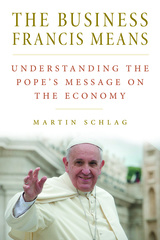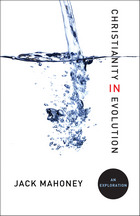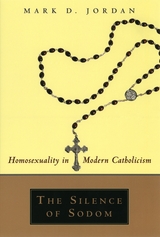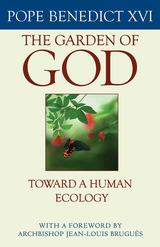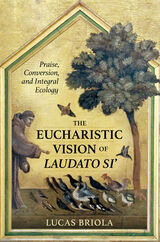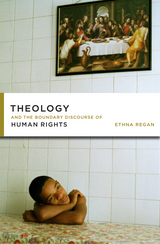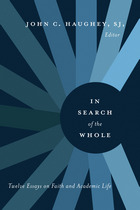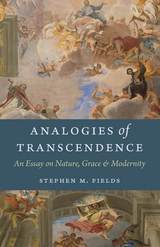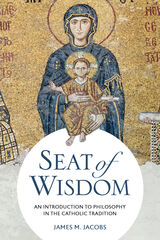Paper: 978-1-58901-769-6 | eISBN: 978-1-58901-799-3
Library of Congress Classification BX1795.E85M34 2011
Dewey Decimal Classification 231.7652
Evolution has provided a new understanding of reality, with revolutionary consequences for Christianity. In an evolutionary perspective the incarnation involved God entering the evolving human species to help it imitate the trinitarian altruism in whose image it was created and counter its tendency to self-absorption. Primarily, however, the evolutionary achievement of Jesus was to confront and overcome death in an act of cosmic significance, ushering humanity into the culminating stage of its evolutionary destiny, the full sharing of God’s inner life. Previously such doctrines as original sin, the fall, sacrifice, and atonement stemmed from viewing death as the penalty for sin and are shown not only to have serious difficulties in themselves, but also to emerge from a Jewish culture preoccupied with sin and sacrifice that could not otherwise account for death. The death of Jesus on the cross is now seen as saving humanity, not from sin, but from individual extinction and meaninglessness. Death is now seen as a normal process that affect all living things and the religious doctrines connected with explaining it in humans are no longer required or justified. Similar evolutionary implications are explored affecting other subjects of Christian belief, including the Church, the Eucharist, priesthood, and moral behavior.
See other books on: Catholic | Catholic Church | Evolution | Exploration | Theology
See other titles from Georgetown University Press
